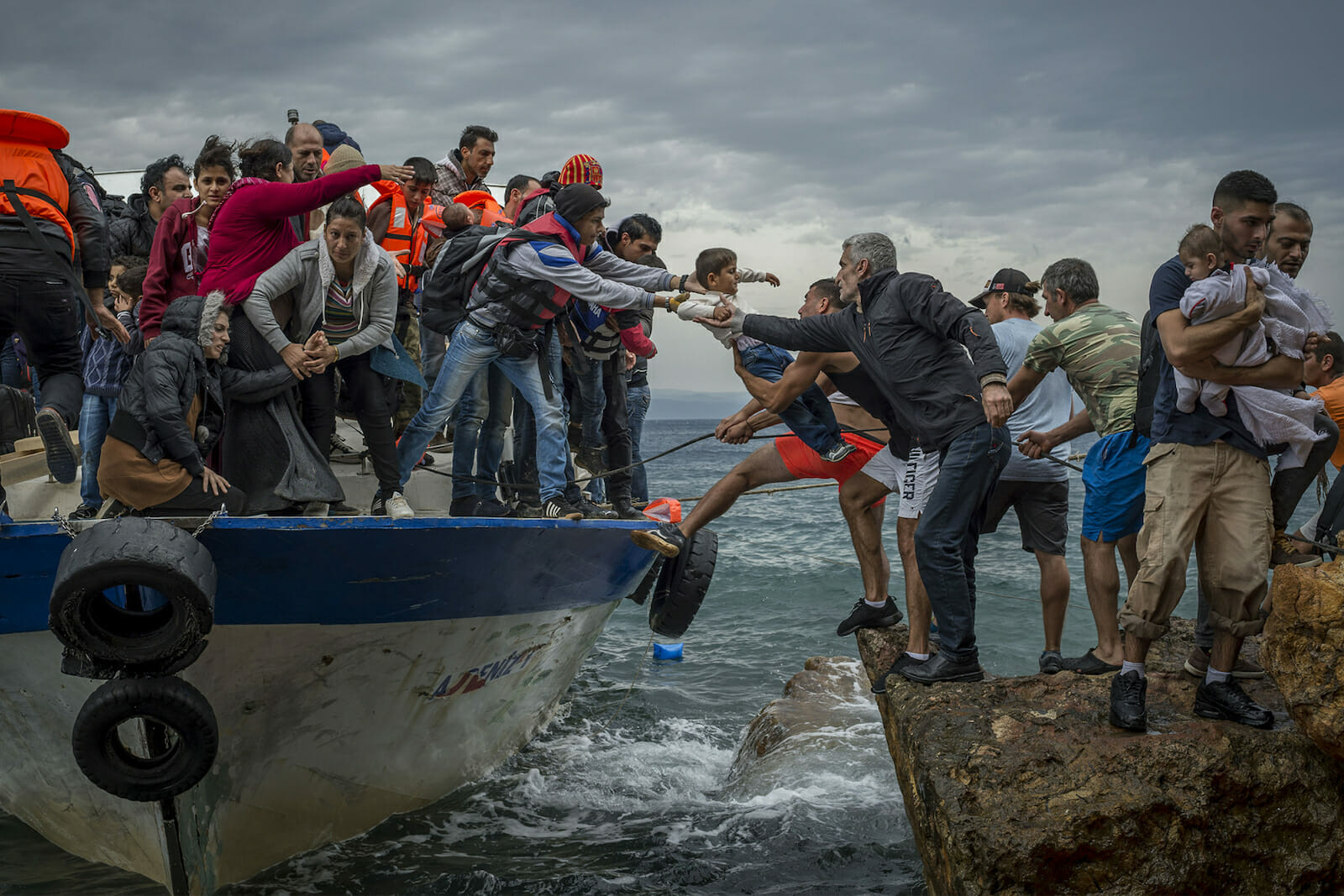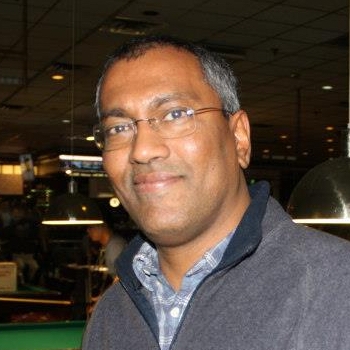
Refugees and the ‘Others’: The Politics of Singularity and Re-presentation
In light of recent terror attacks in Sri Lanka, I write this narrative about what I saw and listened to on television which collided with my conflicting and confusing sense of re-presentation and singularity. I am referring to the news I was watching and listening to about the terror attack in New Zealand just over a month ago that claimed 49 worshippers who had congregated to answer the call of the Friday mid-afternoon prayers, a sacred ritual for Muslims.
My central argument is that in order to analyse a singular event like the one in New Zealand, we may also need to examine the global politics and polity that potentially govern why these events unfold. In this vein, let me clarify first why I was confused and conflicted. And then I will explain singularity along with the term re-presentation, which are the central tenets of this narrative.
In addition to the newscaster explaining what was and had unfolded in New Zealand, a video screen was also juxtaposed to show what looked like a video game – the protruding barrel of an automatic gun spitting bullets in short bursts and dropping those who had been hit instantly to the ground. It took a few seconds to come to my senses of truth and awe. I realized then the video that played was (sur)real. The barrel of the gun that spitted fire and bullets was maneuvered deliberately and efficiently (just as someone would play the video game) by a real person to gun down innocent people. The coldness of the chilling video was numbing. That was the confusing and conflicting part — of what was (not) unfolding on the television, which was beyond a nonsensical act. It was unfair to humanity and that of being a human.
Tariq Jazeel, an Urban Geographer at University College London, UK, and a prominent thinker of singularity, implies that this concept within the realm of academic research is anything but distinguishable and decipherable without first having to forge our uncertainty, confusion, and insufficiency of comprehension about what surrounds us. In this vein, Colin McFarlane, a Professor in Human Geography at Durham University, UK, argues that singularity is “concerned with knowledge production, conceptualization, and difference.”
What McFarlane is referring to is the point that Tariq Jazeel has made about singularity in his passionately written 2018 article he calls “Singularity. A manifesto for incomparable geographies.” In it, Jazeel argues and urges that there is a need to apply singularity “as an ethical imperative for decolonizing geographical knowledge.”
The compulsion of using this conceptual term as one of the focal points of this narrative emerges from my state of confusion and conflict about not just the shooting but its connection to the question of why has the shooting taken place. What drives a person to jump out of the screen of illusion and merge into the reality of allusion of the surreality of an unimaginable human being who has momentarily turned a place into indifference and indecency; hate and betrayal; intolerance and indignation? Perhaps, I can try to accommodate a place for argument of these inquiries because singularity requires a state of un-knowingness before it can be analysed in order to forge a meaning of what we (don’t) know.
In this view, I introduce the notion of re-presentation, a somewhat relevant point to address the terror act in New Zealand, which is anything but isolated. From across the spatial boundaries, over time and time again, the act of hatred about the others — because they do not necessarily seem to represent but re-represent in ways that are threatening to the indigenous — has taken place in alarming manners around the world, claiming scores of lives.
The world is encountering anti-refugee, anti-this, anti-that sentiments all over the world from the right-wing groups in the guise of national security and to inject and reflect their own political ideologies by using rhetoric such as the likes of populism and nationalism. The contempt that these groups show for the others unlike them goes far deeper into the history of anti-immigrant sentiment in the western hemisphere. In the spectrum of politics, electorate candidates and political parties use xenophobic rhetoric to portray the others – migrants and refugees – as part of the problem and socio-economic and cultural burden of society.
The underlying assumptions of these socially constructed fearful sentiments are based on what Stuart Hall argues “inferiority and superiority within colonial discourse…of racism founded on symbolic national boundaries of inclusion and exclusion within contemporary popular nationalism.” There are other reasons. Many do not subscribe to the benefits of the influx of refugees and immigrants. They remain skeptical about the status of their own socio-economic conditions at the expense of the others.
On the other hand, the conflicts in the Middle East and the subsequent wave of emigration of people to safer countries, particularly in Europe, also raise questions about the motive of those who are emigrating.
Many refugees are fleeing from Syria, Iraq, Afghanistan, Yemen, Somalia, and other countries, creating a mass migration of predominantly people of the Muslim faith to take refuge elsewhere by seeking asylum and other forms of relief through which they might have a chance to relocate and renew their identities. What they represent is a re-presentation of reproducing their lives in particular ways that represent the otherness in them, which may be new and different from that of the indigenous people. This creates tension. But the tension is a result of, but not necessarily a policy outcome, political re-presentation (and lack thereof) through which these newly emigrated groups would like to create a ‘discursive space’ for social change, which does not always happen in their favour.
The integration of the refugees and migrants into a new environment is complicated and highly political. To this end, production of knowledge about them among the indigenous people would be a process that would require acknowledging not just what is known but what is unknown, hence, confronting the fear of rejecting and/or accepting the extent of the truth that may or may not align with the others. This uncertainty then should be deterred by the depth of their ability to understand and accept the limitation of knowledge about the others and what Audrey Kobayashi argues how we (do not) represent our dominant ideas that may fuel the ongoing “process of racialization and other forms of power-laden signification.”
Perhaps, it’d take politics, policies, and politicians to make this world a safer and sacred place to re-present and represent, produce and reproduce our lives not necessarily without the fear of abjection but most importantly how to confront those fears with humility and purpose. Perhaps, all the leading leaders of the world should garner the courage to acknowledge: They are us.

